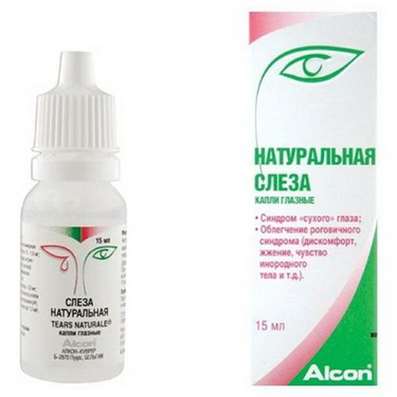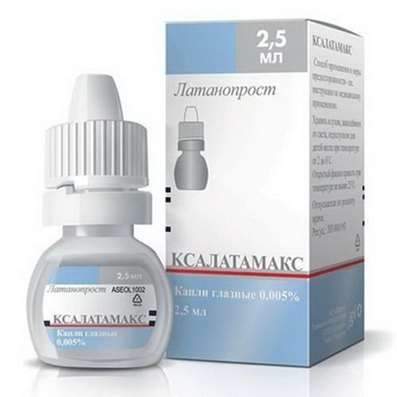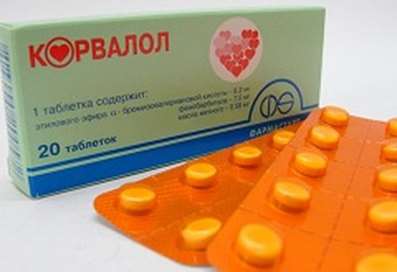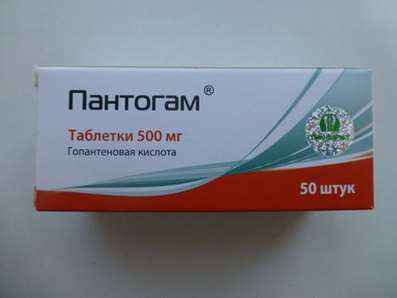Instruction for use: Tazepam
I want this, give me price
Dosage form: film-coated tablets
Active substance: Oxazepam*
ATX
N05BA04 Oxazepam
Pharmacological group:
Anxiolytics
The nosological classification (ICD-10)
F10.2 Syndrome of alcohol dependence: Alcoholism; Alcohol addiction; posiomania; Dependence on alcohol; dipsomania; drunken state; alcohol abuse; Ideatornoy violations in alcoholism; Quarterly booze; Obsessive craving for alcohol; Neurotic symptoms of alcoholism; Craving for alcohol; Psychoorganic syndrome in chronic alcoholism; Reduced craving for alcohol; chronic alcoholism
F10.3 Abstinence: Alcohol withdrawal syndrome; Abstinence syndrome; Abstinence syndrome with alcoholism; Abstinence; Alcohol abstinence; Alcohol withdrawal status; Alcohol withdrawal syndrome; Postabstinctive disorder; Post-abstinence condition; Hangover syndrome; Abstinence syndrome; Alcohol abstinence syndrome; Alcohol withdrawal syndrome; Abstinence condition
F32 Depressive episode: Adynamic subdepression; Astheno-adynamic subdepressive states; Asthenodepressive disorder; Astheno-depressive disorder; Asthenodepressive state; Astheno-depressive state; Major Depressive Disorder; Vyaloapatichesky depression with retardation; Double depression; Depressive pseudodement; Depressive illness; Depressive mood disorder; Depressive disorder; Depressive mood disorder; Depressive state; Depressive disorders; Depressive syndrome; Depressive syndrome larviated; Depressive syndrome with psychoses; Depressed masks; Depression; Depression Depletion; Depression with the phenomena of inhibition within the framework of cyclothymia; Depression is smiling; Involutional depression; Involutionary melancholy; Involutional depression; Manic-depressive disorder; Masked Depression; Melancholic Attack; Neurotic depression; Neurotic depression; Shallow Depression; Organic depression; Organic depressive syndrome; Simple depression; Simple melancholic syndrome; Psychogenic depression; Reactive depression; Reactive depression with moderate psychopathological symptoms; Reactive depressive states; Reactive depression; Recurrent depression; Seasonal depressive syndrome; Severostatic depression; Senile Depression; Senile Depression; Symptomatic Depression; Somatogenic depression; Cyclotymic depression; Exogenous Depression; Endogenous depression; Endogenous Depressive Conditions; Endogenous Depression; Endogenous depressive syndrome
F41 Other anxiety disorders: Anxiety status; Anxiety; Chronic alarm; Sense of anxiety; Anxious-hypothetical states; Stopping an alarm; Nonpsychotic anxiety disorders
F48.0 Neurasthenia: Asthenic form of neurasthenia; Asthenoneurotic disorder; Astheno-neurotic state; Flu of young workaholics; Influenza yuppie; Neurasthenic disorders; Neurasthenic conditions; Neurasthenic syndrome
G47.0 Disorders of falling asleep and maintaining sleep [insomnia]: Insomnia; Insomnia, especially difficulty falling asleep; desynchronosis; Prolonged sleep disturbance; Difficulty falling asleep; Short-term and transient insomnia; Short-term and chronic sleep disorders; Short or shallow sleep; Violation of sleep; Disturbed sleep, especially in the phase of falling asleep; Infringements sleep; sleep disturbances; Neurotic sleep disturbance; Shallow superficial sleep; shallow sleep; Poor quality of sleep; Night awakening; sleep Pathology; Postsomnic violation; transient insomnia; Trouble falling asleep; Early awakening; Early morning awakening; Early awakening; sleep disorder; somnipathy; persistent insomnia; difficult to fall asleep; difficulty falling asleep; Difficulty falling asleep in children; persistent insomnia; Worsening sleep; Chronic insomnia; Frequent night and / or early morning awakening; Frequent nocturnal awakening and a sense of the depth of the non-sleep; Night waking
R45.1 Anxiety and agitation: Agitation; Anxiety; Explosive excitability; Internal stimulation; Excitability; Excitation; Excitation acute; Psychomotor agitation; Hyperexcitability; Motor excitement; Cessation of psychomotor agitation; Nervous excitement; Restlessness; Night trouble; Acute stage of schizophrenia with excitation; Acute mental agitation; Paroxysm of excitation; Overexcitation; Increased excitability; Increased nervous excitability; Increased emotional and cardiac excitability; Increased agitation; Mental arousal; Psychomotor agitation; Psychomotor agitation in psychoses; Psychomotor agitation of an epileptic nature; Psychomotor paroxysm; Psychomotor fit; Symptoms of Excitation; Symptoms of psychomotor agitation; The state of agitation; A state of anxiety; Excitation status; A state of heightened concern; The state of psychomotor agitation; Conditions of anxiety; Excitation conditions; The state of excitement in somatic diseases; Excitation level; Feelings of anxiety; Emotional arousal
Composition and release form
1 coated tablet contains oxazepam 10 mg; in a blistere of 25 pcs., in a box 2 blisters.
Pharmachologic effect
Mode of action - anticonvulsant, anxiolytic, myorelaxing, sleeping pills.
Excites benzodiazepine receptors and promotes an increase in the sensitivity of GABA receptors to the mediator, enhances the inhibitory effect of GABA on the central nervous system.
Indications of the drug Tazepam
Anxiety in neurasthenic and depressive syndromes; a state of anxiety (in the old age), excitement and tension (with chronic alcoholism and withdrawal); violation of falling asleep.
Contraindications
Hypersensitivity, respiratory depression of the central origin, dizziness, balance disorders, glaucoma, myasthenia gravis, pregnancy (I trimester).
Application in pregnancy and breastfeeding
Contraindicated in the first trimester of pregnancy; in the following months - strictly according to the doctor's prescription. For the duration of treatment, breastfeeding should be stopped.
Side effects
Drowsiness, weakness, fatigue, memory loss, decreased ability to concentrate, disorientation and assessment of space, nausea, diarrhea, discomfort in the abdominal cavity, paradoxical reactions (psychomotor agitation, insomnia, aggressiveness, muscle tremors, convulsions), skin allergic manifestations.
Interaction
The effect is enhanced by neuroleptics, hypnotics, antiepileptic, antihistamines, narcotics and pain medications.
Dosing and Administration
Inside, squeezed enough fluids, adults with anxiety and withdrawal symptoms - 15-30 mg / day, 3-4 times, if necessary (in a hospital) - up to 120 mg / day; with insomnia - 10-30 mg per hour before bedtime. Patients over 65 years of age - not more than 40 mg / day.
Precautionary measures
With caution appoint patients with an increased risk of drug addiction. Constant reception (within several months) leads to addiction and development of psychophysical dependence. Children and people older than 65 years should be taken in reduced doses and strictly according to the doctor's prescription. Cancellation of the drug is carried out gradually. During the treatment should not drink alcohol.
Storage conditions of the drug Tazepam
In a dry, the dark place at a temperature of no higher than 25 ° C.
Keep out of the reach of children.
Shelf life of the drug Tazepam
3 years.
Do not use after the expiry date printed on the package.

 Cart
Cart





